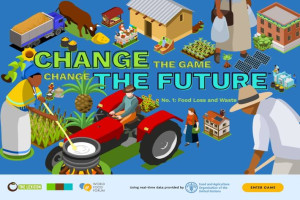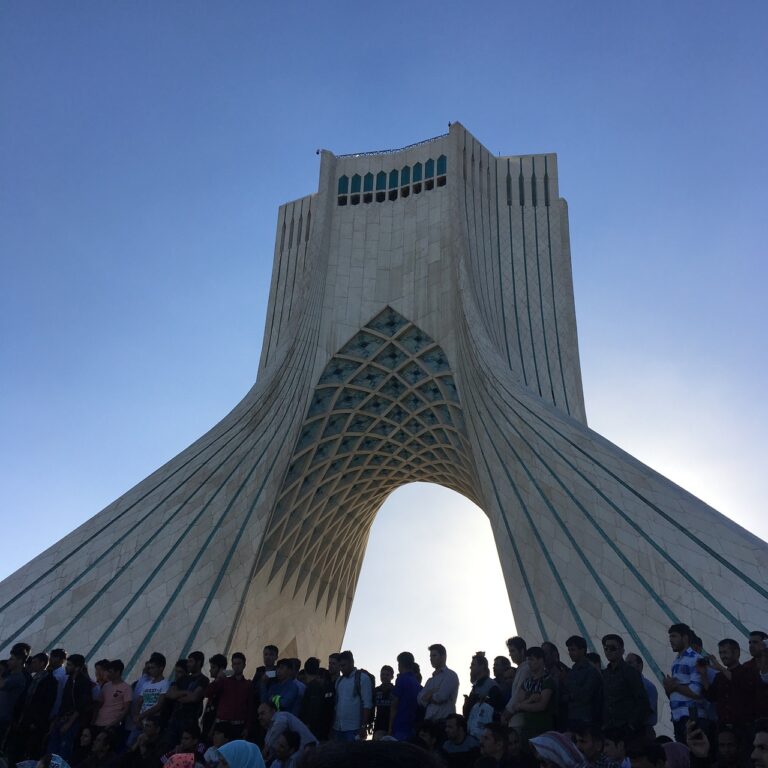
Rome: In the quest to transform global agri-food systems, reducing food loss and waste seems like a straightforward way to fight hunger, increase access to healthy diets, and protect the environment. But the reality is more complicated; solving one problem may unintentionally lead to unexpected consequences somewhere else.
A new game platform is expected to help young people and policymakers alike learn the role data can play in addressing these tradeoffs and choose the most effective policies, the Food and Agriculture Organization of the United Nations (FAO) announced today.
The online decision-making platform “Change the Game, Change the Future” has been jointly developed by FAO and The Lexicon, a North America-based non-profit organization whose “Green Brown Blue accelerator” mobilizes experts and builds tools to tackle challenges facing food systems.
The game platform has been introduced during a five-day flagship event of the World Food Forum (WFF), a youth-led movement to help shape the future of food and agriculture. “Change the Game, Change the Future” will be available for free on the WFF website and as a free iOS and Android app in November 2021, with additional titles in the series planned for 2022.
“We have to feed 2 billion more people by 2050 and save the only planet we have. This is possible only if we look at the agri-food systems holistically and consider all the elements and their relationships,” said Maximo Torero, Chief Economist of FAO. “This game platform is designed to encourage people to adopt this ‘systems’ approach.”
The online game platform mixes real-time data from over 190 countries with interactive animations that depict local cultures across the globe. Through playing the game, both policymakers and the public can learn to manage complex, real-life trade-offs while seeking a balance between economic growth, social progress and environmental protection. Beneath the game’s surface, advanced quantitative global modeling tools analyze these tradeoffs and provide synergies with the United Nations Sustainable Development Goals.
“Data on spreadsheets don’t often make for the most compelling stories,” said Douglas Gayeton, co-founder of The Lexicon. “To make people care and move them to action, we use game theory and storytelling tools that put a face and a place on data, then show the motivations that drive impacts beyond regional boundaries.”
“By bringing the insights from state-of-the-art modeling into an app, the game enables everyone to test a number of strategies and discover their pros and cons in various regions. What we need is not a hypothetical miracle solution, but a well-balanced policy intervention,” said David Laborde, the game’s data modeler and senior researcher at the International Food Policy Research Institute in the U.S.
“Change the Game, Change the Future” lets players choose one of 17 regions, from Western Africa and the Middle East to Southern Asia and the Andes. After selecting a region, players are asked to make interventions based on three policy domains: institution, infrastructure, and behavior. To make the most informed decisions, players can also seek advice from government ministers and experts, but they quickly learn that making decisions for the benefit of one region may lead to adverse effects halfway across the globe. At its core, the game’s message is clear: to meet the challenges of the future, governments, companies and the public must all learn to navigate multiple perspectives and consider what is at stake in balancing the tradeoffs that must be made to strengthen global agri-food systems.
– global bihari bureau





